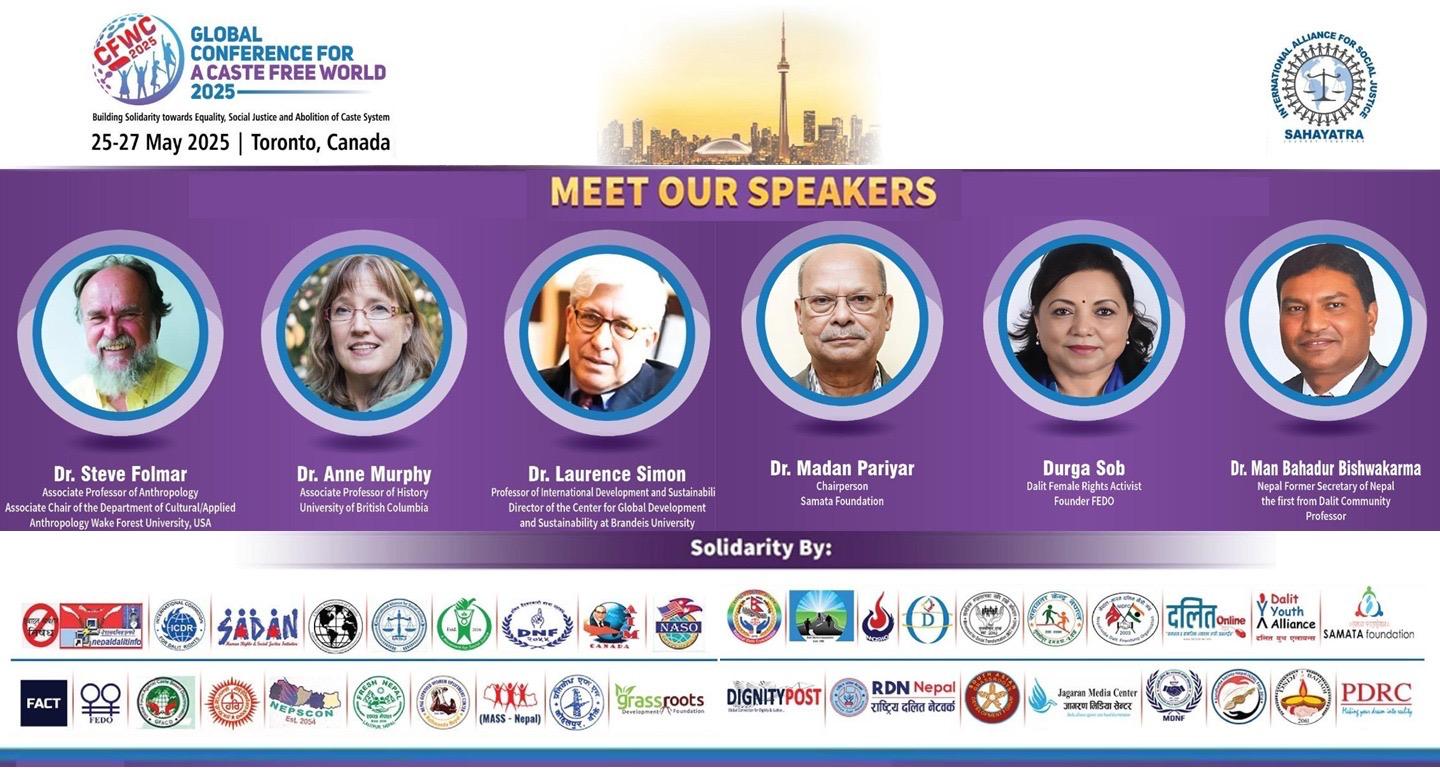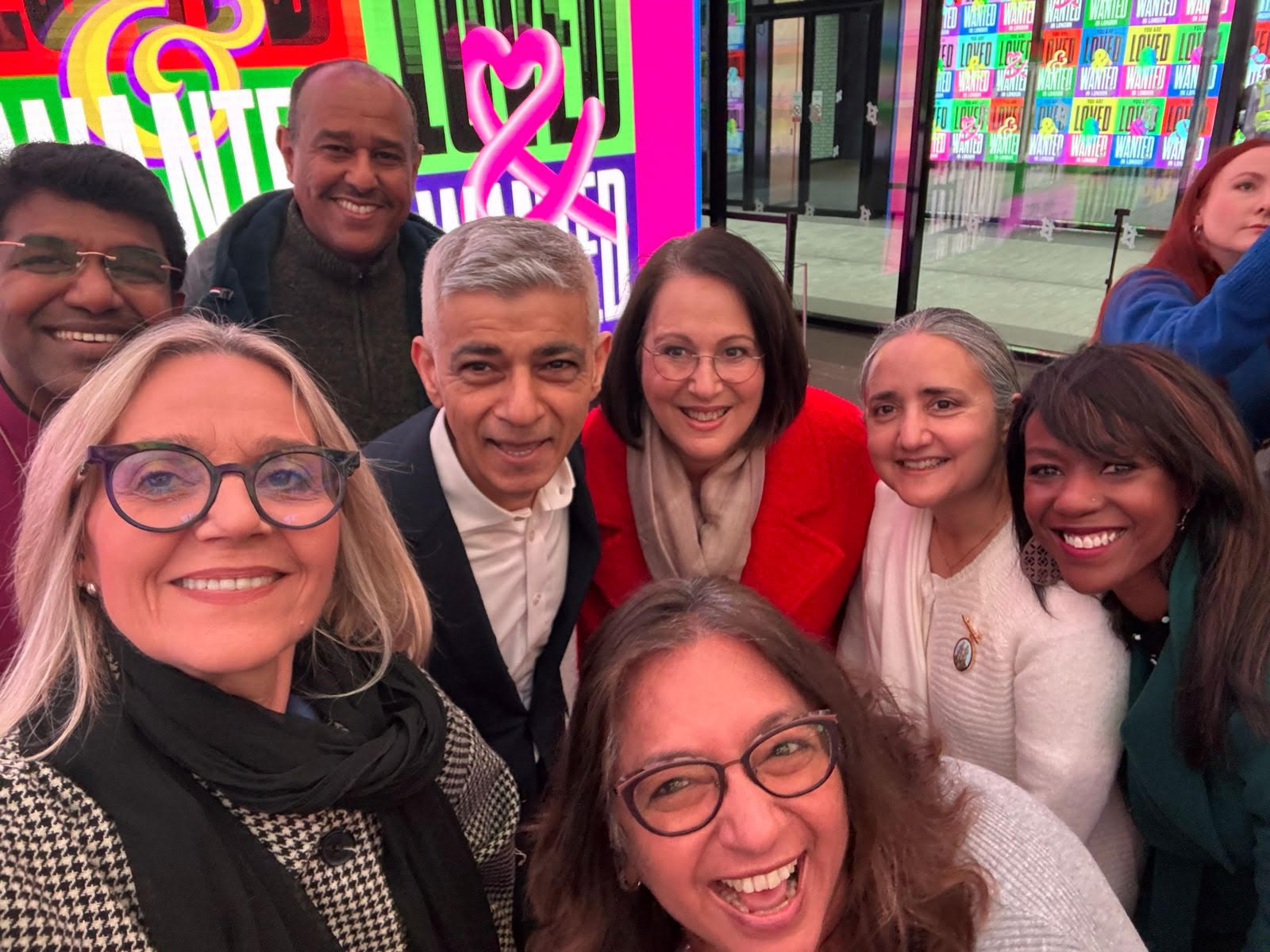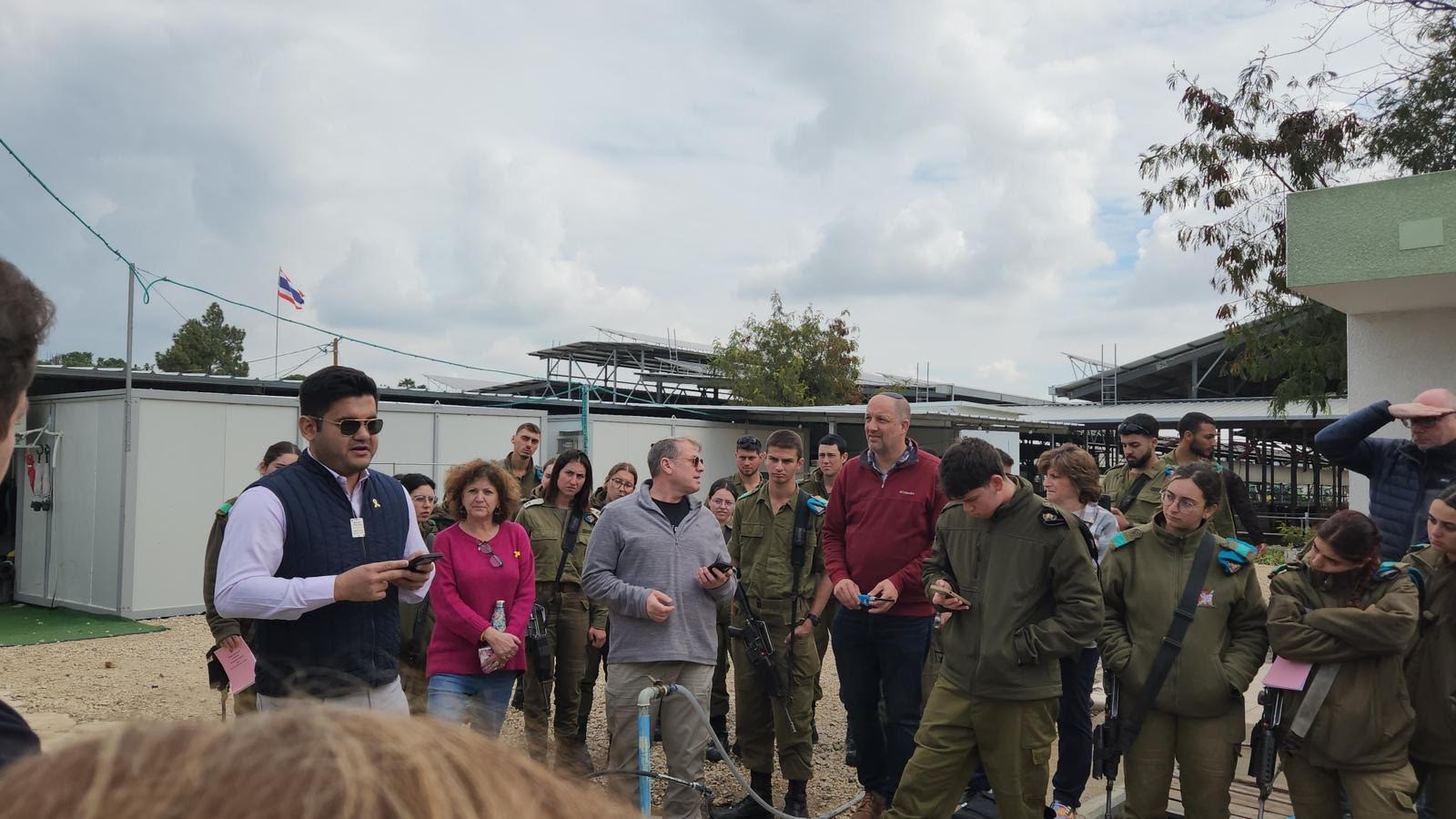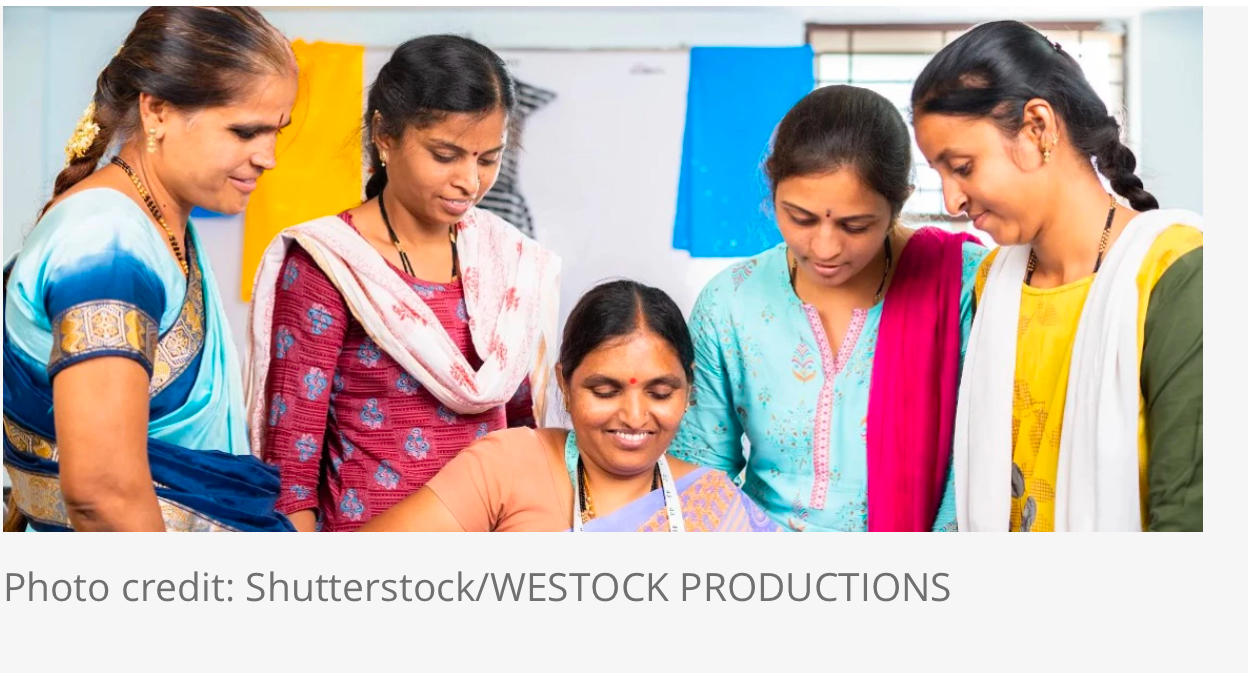Nepalese chemist Achyut Adhikari Wins UNESCO Atta-ur-Rahman award
TWAS— Nepalese chemist Achyut Adhikari is the recipient of the 2019 Atta-ur-Rahman Award in Chemistry. He won the award for his work using natural products chemistry in Nepal isolating compounds in regional plants that can be put to use in medicine or commercial products.
He trained in Pakistan for his Ph.D. and Brazil as a postdoctoral researcher, and then spent eight years in Pakistan on the job, developing his knowledge and skills. He then went back to his home country of Nepal about two-and-a-half years ago and established a natural products research lab. There, his work focuses on local plants and spices, seeking everything from medically useful compounds to items that could advance Nepal’s profile on the global market.
“When I was in Pakistan, my aim was different: I concentrated on drug discovery for diabetes and cancer and such,” he said. “When I returned to Nepal my focus had changed. We don’t have sophisticated labs, so we can’t do deep research. But I want to concentrate on developing products from, say, ginger and cinnamon. These plants are common in Nepal and have a cheap price. But with the research, I can develop techniques and get a better price. It’s science for society.”
One example is a bushy plant called the winger prickly ash that also grows in Nepal and can be used to extract compounds that promote insulin secretion, he said.
“Many people still depend on traditional plants, so we’re trying to do some scientific verification of these traditionally used plants,” he said.
Another medically useful plant is a conifer called the English Yew that is found in Nepal’s mountains. Researchers want to extract a compound which can be easily converted into existing anti-cancer drug called Taxol from its small, thin leaves. If they can isolate the compound and start producing it, they could start selling it on the international market.
Adhikari is also working on other Nepali products, some of which are relevant to health-conscious consumers. “We have cinnamon, ginger, and Nepali pepper,” he said. “Nepali pepper has already got attention.”
It’s common for Nepalese people to mix Nepali pepper into their chutney. People consider it useful, he said, because it’s said to help with diabetes – and he has isolated the insulin-generating compound within it. It’s also useful for blood-pressure control, liver protection, to prevent tooth decay, as well as against oral and prostate cancer.
He is also researching how to process oil from local ginger. The goal is to start exporting ginger oil from Nepal to Western countries.
Nepal currently exports ginger to India for a cheap price, but India is currently the only country they sell it to. So if India decides to not buy any ginger for a year, their harvest goes to waste. However, if Nepal can start an industry harvesting ginger oil, they’ll have a whole new product they can reliably sell every year to Europe and the United States, where there is a large demand.
“Now I am extracting ginger oil from different districts of Nepal, and sending them for testing in a lab in the United States to find out which ginger is good,” he said. “We have different varieties, and their oil composition and chemical profile change according to the altitude.”The oil also needs to be free of pesticide residue, which is a large problem for plants in Nepal. So pesticide analysis is part of his work.
Adhikari is supervising 2 PhD students and ten master’s students at the Central Department of Chemistry of Tribhuvan University in Kirtipur, Nepal. They work in different fields – some on ginger, some on medicinal plants, and some on pesticide residue. He is also consulting local essential oil industries that extract and export oils of aromatic plants, and his master’s students collaborate with the companies on their research.
“I am trying to teach students, collaborating with industries, lobbying with governments to add value in medicinal plants of Nepal,” he said.
Since Nepal spares little money for scientific research, Adhikari’s lab has partnerships in Japan, India, Sri Lanka and the United States for analysis of samples.
He said the award will inspire him to do more research, and help him convince the government to invest in research. “I am so happy to receive this award,” he added, “because Prof. Atta-ur-Rahaman is my teacher as well as role model and I learned most of these things from him.”
“My research work will help for the standardization of Nepali herbal and aromatic products,” he added. “After that, the products will get marketed in Europe and America.”
From : https://twas.org


















Facebook Comments